Category: biotech/medical – Page 1,451
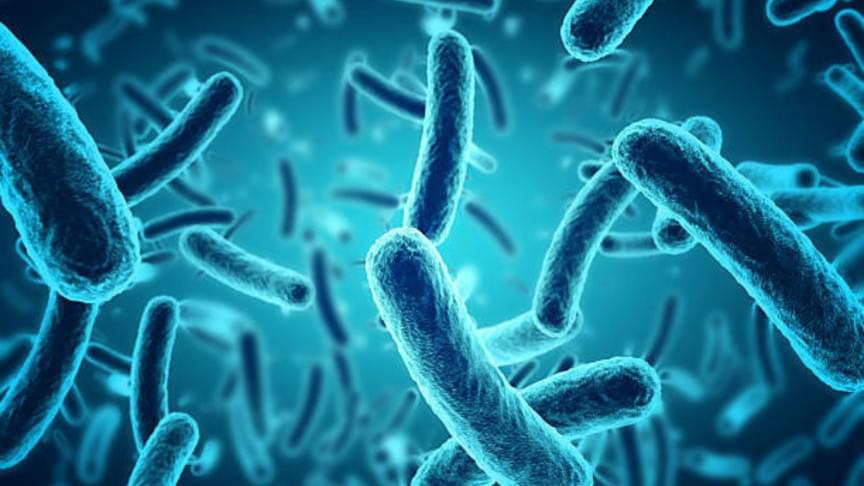
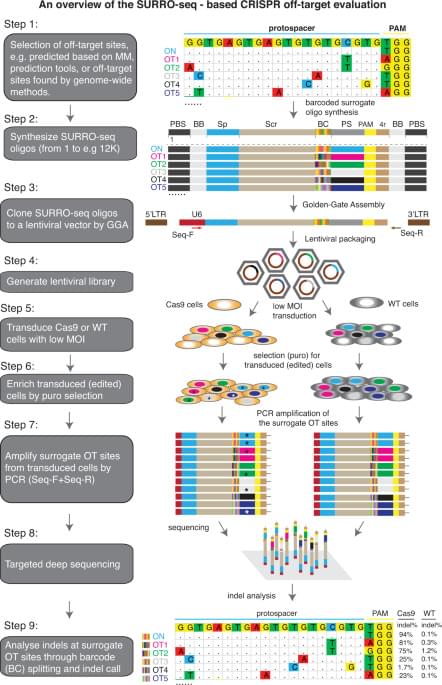
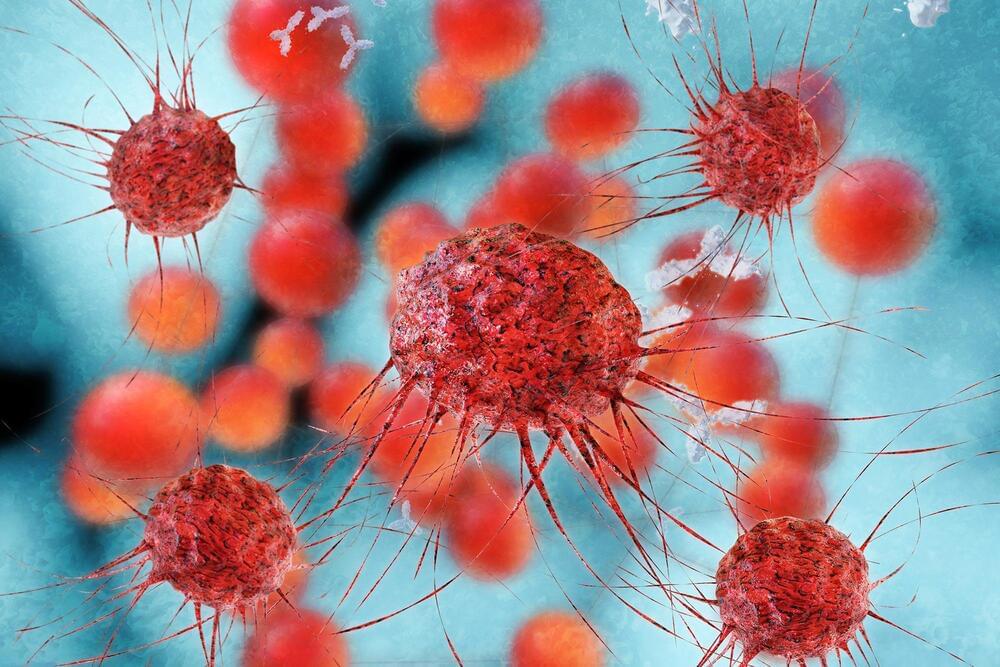
A New, High-Risk Subtype of Cancer Has Been Discovered
Up until recently, almost all pediatric liver cancers were classified as either hepatoblastoma or hepatocellular carcinoma. However, pediatric pathologists have noted that certain liver tumors have histological characteristics that do not readily match either of these two carcinoma models. The outcomes for patients with these tumors are poor and the tumors are less likely to respond to chemotherapy.
Dr. Pavel Sumazin, an associate professor of pediatrics at Texas Children’s Cancer and Hematology Center and Baylor College of Medicine, sought to better understand this high-risk cancer.
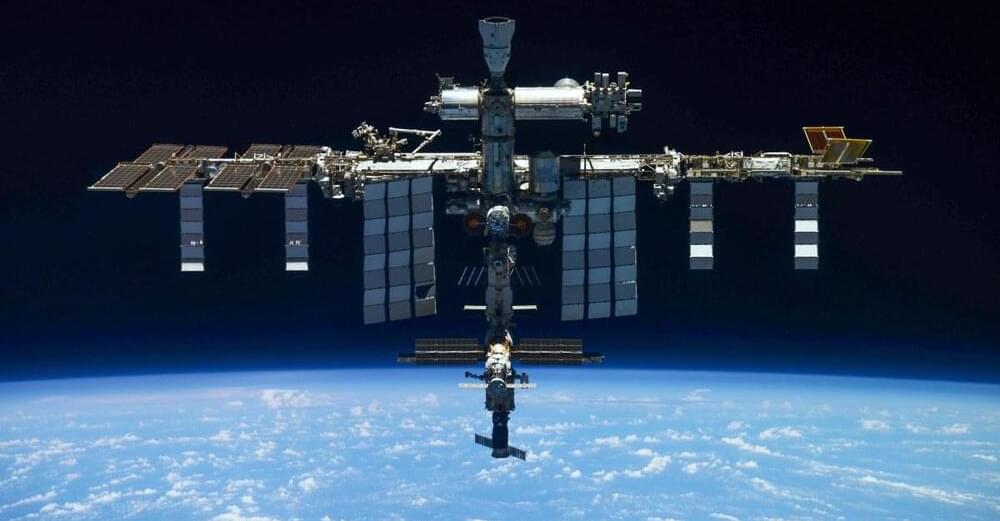
High-Flying Experiment: Do Stem Cells Grow Better in Space?
Scientists are shooting stem cells into space, hoping to make discoveries that help people on Earth.
Researcher Dhruv Sareen’s own stem cells are now orbiting the Earth. The mission? To test whether they’ll grow better in zero gravity.
Scientists at Cedars-Sinai Medical Center in Los Angeles are trying to find new ways to produce huge batches of a type of stem cell that can generate nearly any other type of cell in the body — and potentially be used to make treatments for many diseases. The cells arrived over the weekend at the International Space Station on a supply ship.
“I don’t think I would be able to pay whatever it costs now” to take a private ride to space, Sareen said. “At least a part of me in cells can go up!”
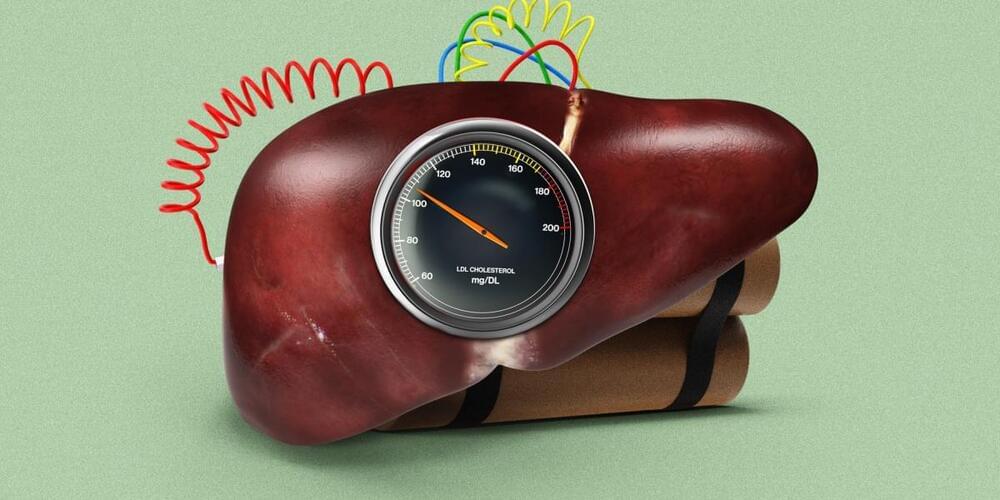
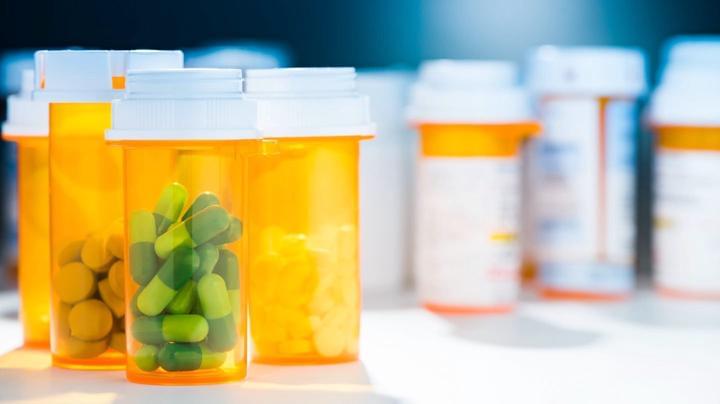
New miracle drug may increase the human lifespan to 200 years
A new miracle drug could increase the human lifespan by up to 200 years. Dr. Andrew Steele, a British computational biologist recently published a new book on the longevity of human life. In the book, the doctor argues that it is completely feasible for humans to live beyond our standard 100-year lifespan thanks to a new type of drug.
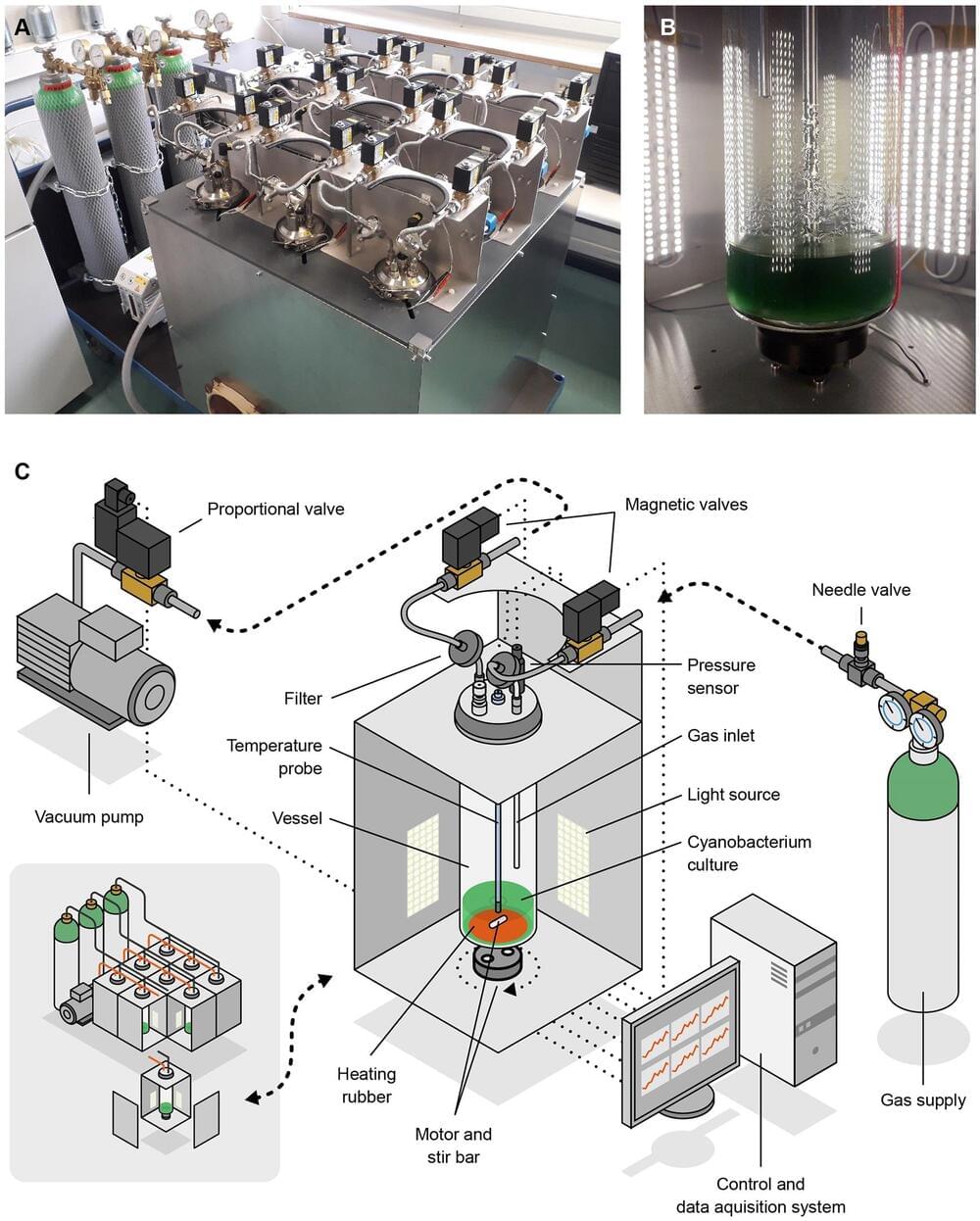
Mars Bioreactor Atmos: Biotech Fit for the Red Planet
Circa 2021
NASA, in collaboration with other leading space agencies, aims to send its first human missions to Mars.
Mars is the second smallest planet in our solar system and the fourth planet from the sun. It is a dusty, cold, desert world with a very thin atmosphere. Iron oxide is prevalent in Mars’ surface resulting in its reddish color and its nickname “The Red Planet.” Mars’ name comes from the Roman god of war.
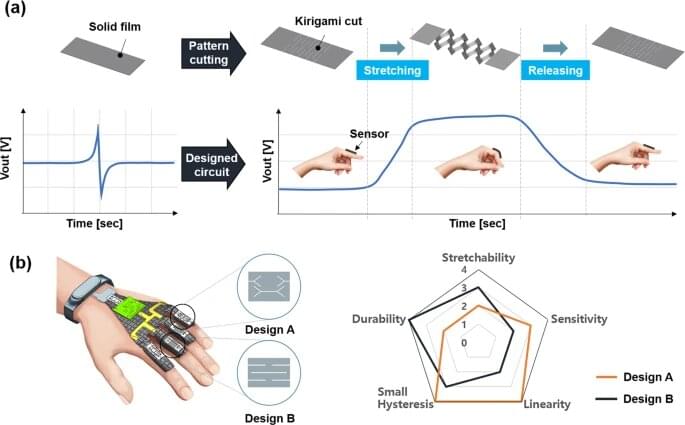
Development of high-performance, high-tension wearable displacement sensors
Wearable displacement sensors—which are attached to a human body, detect movements in real time and convert them into electrical signals—are currently being actively studied. However, research on tensile-capable displacement sensors has many limitations, such as low tensile properties and complex manufacturing processes.
If a displacement sensor that can be easily manufactured with high sensitivity and tensile properties is developed, it can be attached to a human body, allowing large movements of joints or fingers to be used in various applications such as AR and VR. A research team led by Sung-Hoon Ahn, mechanical engineering professor at Seoul National University, has developed a piezoelectric strain sensor with high sensitivity and high stretchability based on kirigami design cutting.
In this research, a stretchable piezoelectric displacement sensor was manufactured and its performance was evaluated by applying the kirigami structure to a film-type piezoelectric material. Various sensing characteristics were shown according to the kirigami pattern, and higher sensitivity and tensile properties were shown compared to existing technologies. Wireless haptic gloves using VR technology were produced using the developed sensor, and a piano could be played successfully using them.
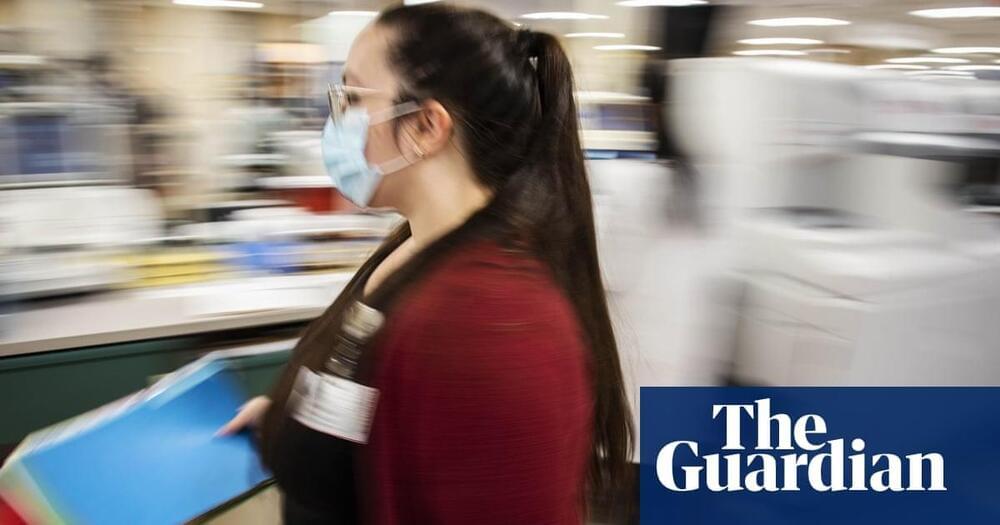
‘Lives are at stake’: hacking of US hospitals highlights deadly risk of ransomware
The number of ransomware attacks on healthcare organizations increased 94% from 2021 to 2022, according to a report from the cybersecurity firm Sophos. More than two-thirds of healthcare organizations in the US said they had experienced a ransomware attack in 2021, the study said, up from 34% in 2020.
Ransomware attacks on healthcare are particularly common in the US, with 41% of such attacks globally having been carried out against US-based firms in 2021.
“The current outlook is terrible,” said Israel Barak, CISO of Cybereason. “We are seeing the industry experience an extremely sharp increase in both the quantity and level of sophistication of these attacks.”